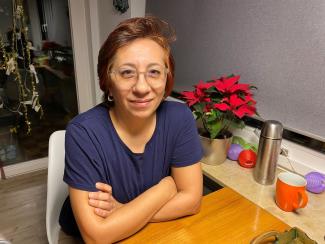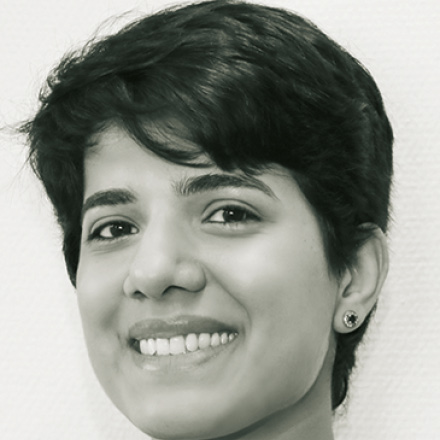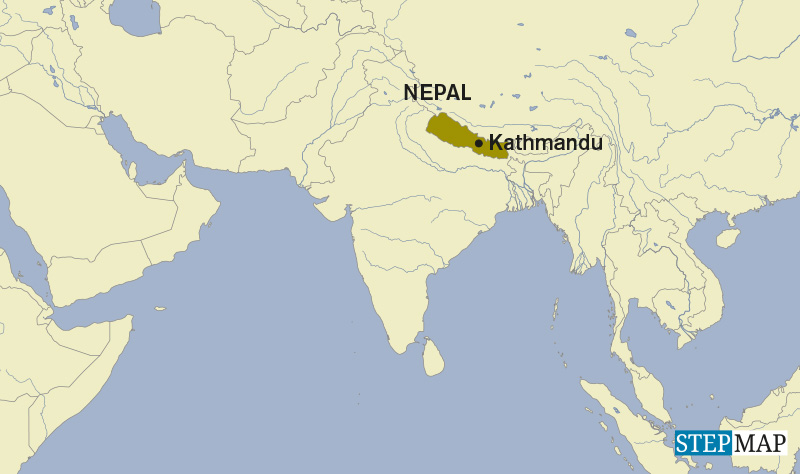Immigrants
Highs and lows of immigrant life in Germany

I am Kurdish and left my hometown Istanbul about 25 years ago. I could no longer stay there. I had been active in the left-wing opposition for years and had worked as a journalist. The repression got worse and worse and I was arrested two or three times. I was detained for several months in total. I don’t like to tell this story, because for Germans prison sounds like a crime. But in Turkey it can mean that you are politically undesirable and were arbitrarily imprisoned.
I had lost hope that things would change in Turkey, so I decided to leave. I had acquaintances in Germany and that’s why I first went to Nuremberg. It took me a few years there to figure out where I wanted to go with my life. I worked in Nuremberg for a few years as a social worker with Turkish youths in a drug treatment centre. I didn’t need to speak German for that. I only started learning German after five years in the country.
In my late 20s, I decided to stay in Germany and study here. Since I had studied radio, cinema and television arts in Turkey, I was only allowed to study a similar subject in Germany – even though no certificate from Turkey was recognised. So I studied theatre, film and media studies at the University of Frankfurt, although I would actually have preferred to study sociology or social work, the field in which I work today. In 2005, I met my husband, a German of Greek origin. Our children were born in 2010 and 2016.
I miss Turkey and especially Istanbul, the sun, the sea, the culture and particularly my parents, family and friends. I haven’t been there since 2015. That is also the last time I saw my parents. Since I have been critical of President Recep Tayyip Erdogan, I no longer dare to go to Turkey.
Homeland – what does that mean for me? A real homeland, where I am accepted as I am, unfortunately does not exist. In Turkey, as a Kurdish, Alawite and leftist person, I never really was part of the Turkish society; I was always an outsider. In Germany, at least I am accepted as I am by law. But there are unwritten laws in society, and I don’t always fit into the German pattern. Even in Germany, I haven’t yet found out how to express my opinion “correctly” or diplomatically. That’s why there are sometimes misunderstandings and prejudices against me. That happens at work as well as in private life.
I see the notion of integration critically. Who is supposed to integrate where? The idea creates hierarchies and perpetrators and victims. Everyone brings their own background with them, whether they are immigrants or Germans. The Germans are not a homogeneous mass either. Integration is definitely a task for society as a whole.
I can’t identify with my fellow Turks in Germany either. Many live in very closed societies, in a parallel world to the Germans, perhaps also because of Germany’s integration policy. I only get along with a few German Turks. But I don’t feel I belong to the Germans either. I feel most like a European. Unfortunately, I defend the values of Europe today more than Europe itself does, such as refugee and migration policy, labour rights and women’s rights.
Sengül Yalcin-Ioannidis works as an educational facilitator for refugees and migrants and as a family aid worker. She is planning to found an association to provide educational and professional support to migrant women who want to escape domestic violence.
euz.editor@dandc.eu













